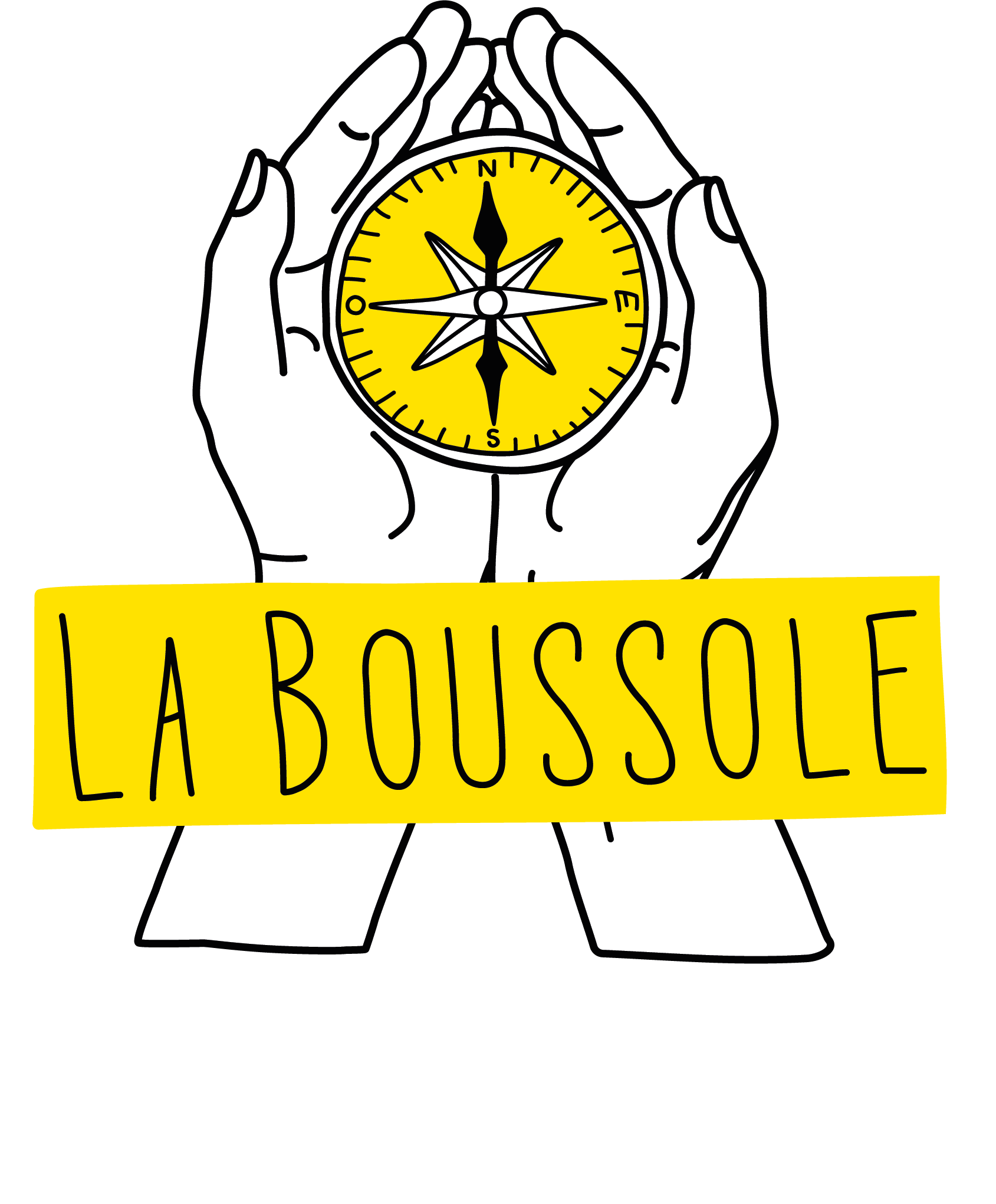Every year in June, CanadaHelps organizes the Great Canadian Charity Challenge.
Every dollar donated between June 1 and 30 via CanadaHelps.org gives the benevolent organization of your choice a chance to win a $20,000 donation.
Make a donation and give us the opportunity to win a $20,000 donation!
The draw will take place on Canada Day, July 1.

Based on real-life testimonies, this initiative to denounce inequality will culminate in three performances September 21 and 22 at Studio 16 and on September 23, 2023 in the public space at 4th Avenue and Maple Plaza (Kitsilano).
This long-term project, initiated by our community centre, was made possible thanks to funding from Canadian Heritage, via the Community Cultural Action Fund (CCAF). From September to December, the aim was to collect testimonials from the general public. From these testimonials, sketches were written which have been staged since January. After an intense August for our actors, with rehearsals twice a week, including props and sometimes an audience, as well as an off-site rehearsal, the project will come to a close at the end of September with the performances.
The 8 sketches that make up SpectActivisme aim to denounce and raise awareness on the themes of racism, homelessness, access to care and violence against 2SLGBTQIA+ people.
"At La Boussole, we're intimately involved with inequality and social violence in all its forms. Forum theater is therefore a format that speaks to us. Because of its thought-provoking nature, it will enable us tobring a different way of approaching and responding to them," says Nathalie Astruc, Cultural and Community Programs Manager.
What is forum theater?
A variation on "traditional" theater, this type of social and therapeutic theater abolishes the boundaries between stage and audience, so that everyone can play a part in social change. Created by Augusto Boal, this type of theater is designed to stimulate reflection and provide solutions to social problems. Forum theater offers concrete solutions to the problems of social inequality, by inviting the audience to take the stage. This change of point of view, which encourages immersion and introspection, enables a better understanding of these issues. In concrete terms, a playlet is first performed to familiarize the audience with the theme. The play is then replayed, with a member of the audience replacing the victim to propose a different attitude.

